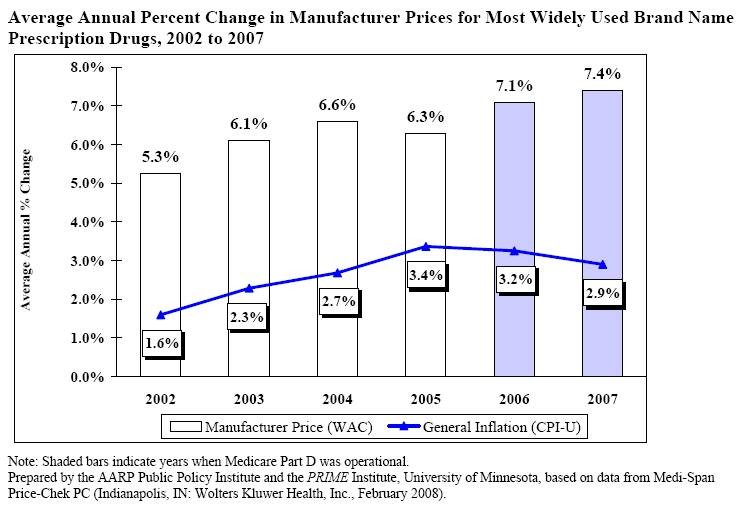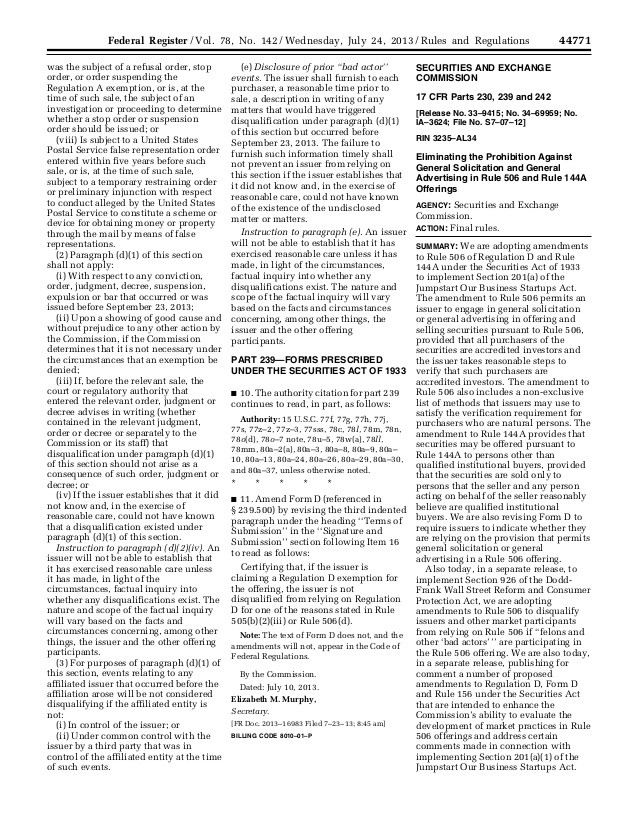Money Market Funds SEC Adopts Two Major Changes AARP
Post on: 29 Июнь, 2015 No Comment

After years of debate, the Securities and Exchange Commission this week finally adopted new rules designed to shore up the stability of the $2.6 trillion money market industry. The question now is, will it help?
While the changes largely affect institutional investors, one provision also applies to small investors by temporarily restricting their access to their money if a fund has liquidity problems.
For decades money market funds were seen as reliably boring, investing in government securities or high-grade corporate debt. Though the funds value wasnt guaranteed. they had traded at a stable price of $1 per share. Retail investors have used them like checking accounts, parking cash there for short-term needs.
>> Sign up for the AARP Money newsletter
In the years leading up to the 2008 financial meltdown, some funds started adding riskier securities to improve returns and attract more money. That backfired six years ago when those securities tanked. The price of shares in the Reserve Primary Fund , the oldest and one of the largest money market funds, fell below $1 referred to as breaking the buck. That triggered an investor run on the Reserve fund as well as on other money market funds.
To deal with that and other issues, the SEC adopted two major changes this week:
Certain funds will no longer trade at $1 a share. Instead, the shares will rise and fall based on the value of the securities in the fund. This provision applies only to institutional prime money market funds, so the small investor shouldnt be affected.
However, retail investors could feel the impact of the other change.
Currently, money market funds are required to hold 30 percent of their portfolio in cash or securities that will convert to cash within a week. Under the SECs new rules, if liquid assets drop below that level, the funds board could opt to suspend redemptions for up to 10 business days or charge investors a 2 percent redemption fee. This would not apply to funds invested almost entirely in U.S. government securities, such as the Fidelity Government Money Market Fund and the Vanguard Federal Money Market Fund.
Fees and redemption suspensions would go into effect only in the most dire circumstances, explains Joan Ohlbaum Swirsky, a Philadelphia lawyer who has written a book on the money market fund rule.
If people want to avoid reforms, they could move to U.S. government money market funds, Swirsky says.
Investment firms have two years to comply with these SEC changes.
>> Get travel discounts with your AARP Member Advantages.
Barbara Roper, director of investor protection for the Consumer Federation of America. says shes concerned that the fees and redemption suspensions could have the opposite effect. If investors see one fund taking such steps, they might panic and pull their money out of other money market funds, she says.

Sheila Bair, the former chair of the Federal Deposit Insurance Corp. said in a statement that she wished the SEC had gone further.
I remain concerned, however, that this approach may be too limited to address the systemic risks posed by money market funds, and that the new gates (redemption suspensions) and fees could exacerbate it, said Bair, who now chairs the Systemic Risk Council. a private-sector group that focuses on regulatory issues related to risk.
Though its too early to know whether these changes will make money market funds less attractive to small investors, low interest rates are already making the funds unappealing.
The average interest rate on taxable retail funds sold to individuals is 0.01 percent, according to iMoneynet. a provider of fund information. Individuals have nearly $675 billion stashed in those funds, down from about $711 billion a year ago.
We have been in a near-zero environment for almost six years, says Mike Krasner, managing editor of iMoneynet.
Photo: Stavklem/iStock
Also of Interest
See the AARP home page for deals, savings tips, trivia and more.














